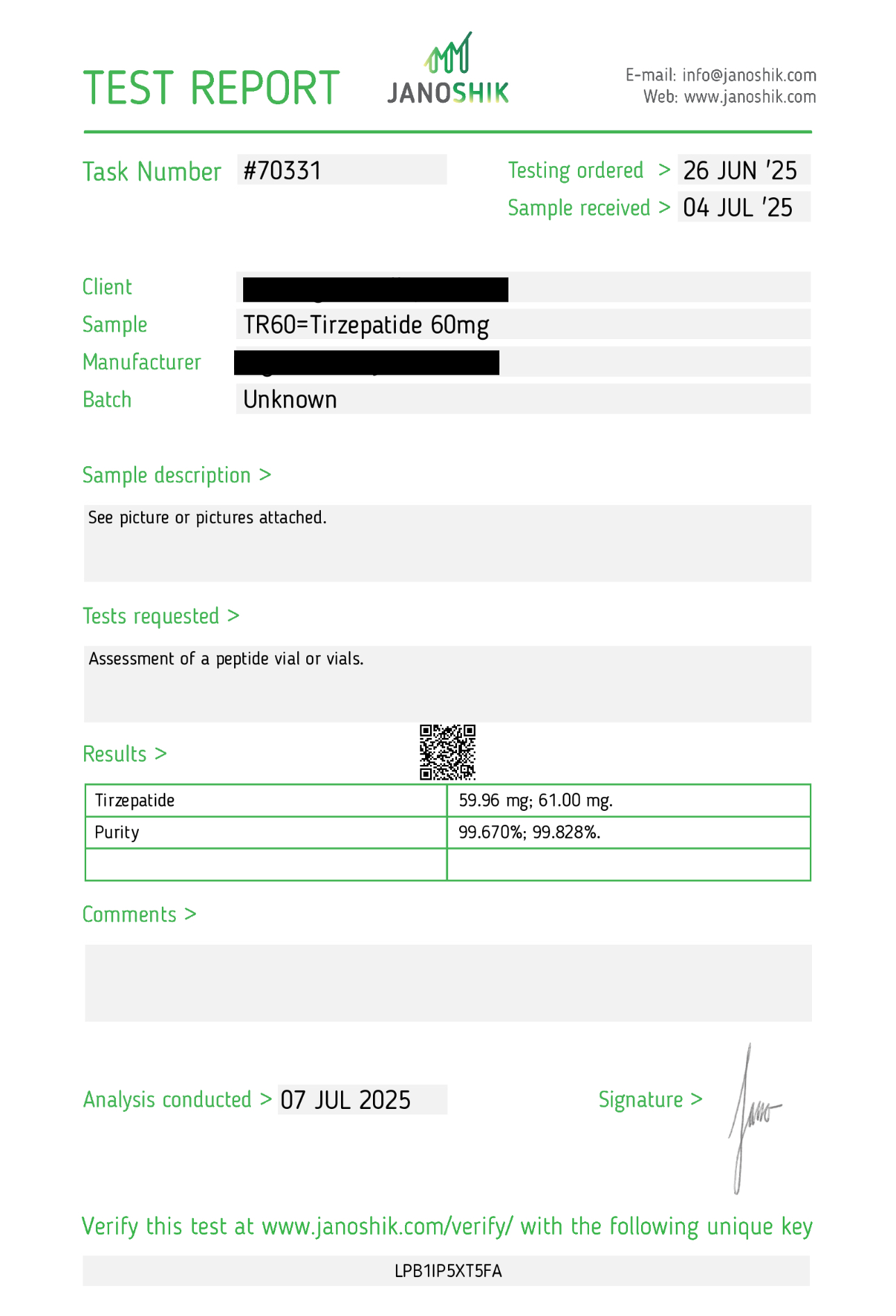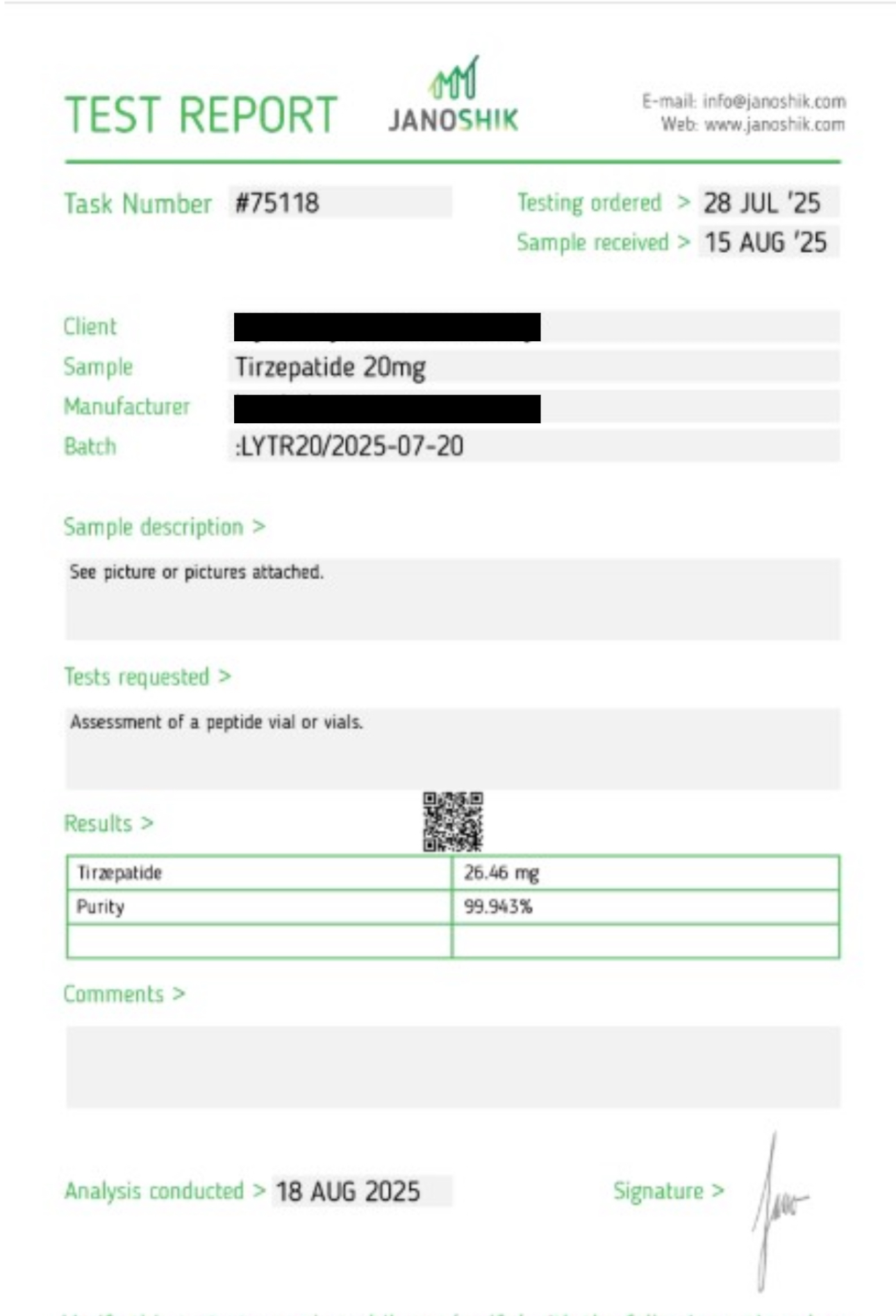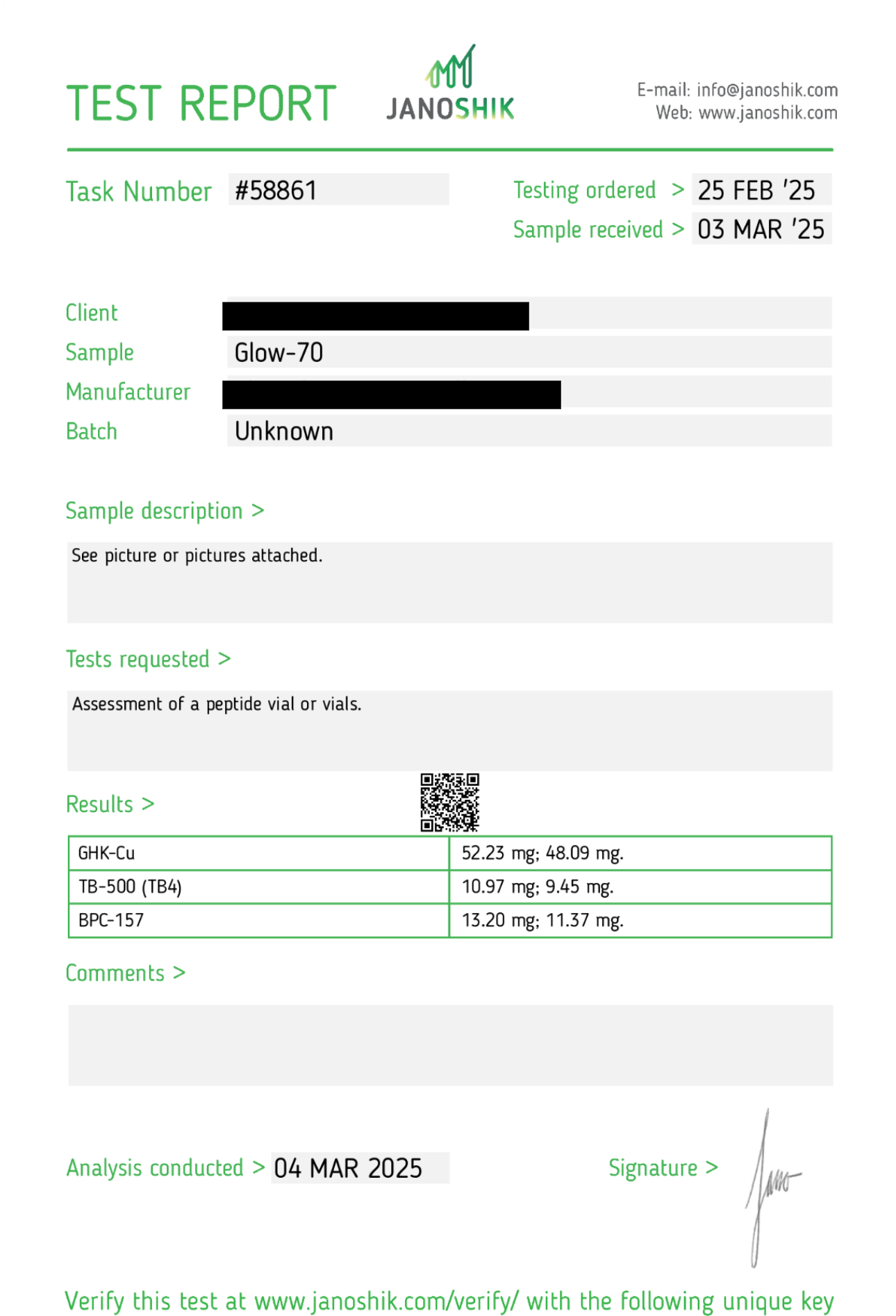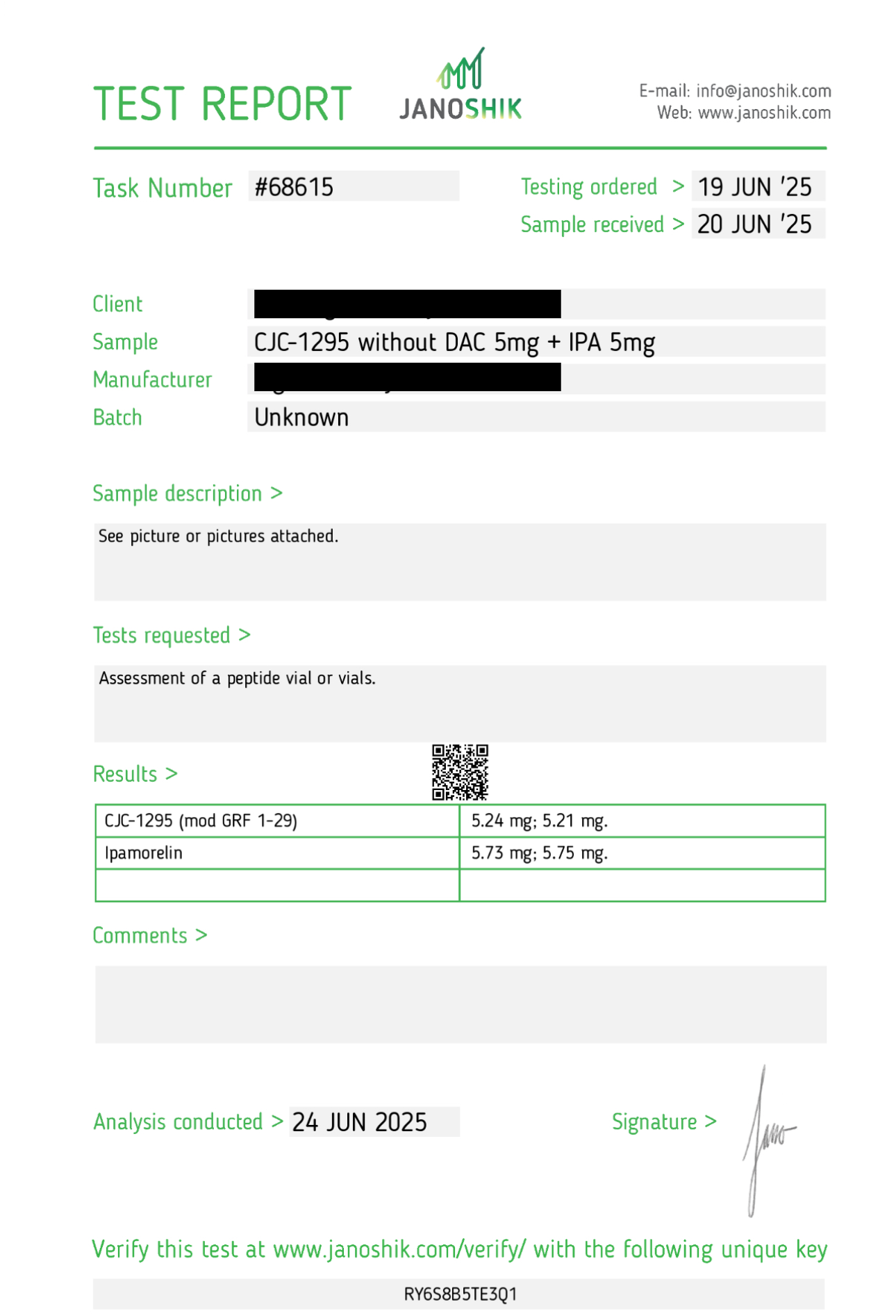What Are Peptides???
Peptides are small chains of amino acids that share a similar composition with proteins. The key difference lies in their length: peptides typically consist of 2–100 amino acids, although some definitions place the upper limit at 50 amino acids. Proteins, on the other hand, are generally longer, consisting of more than 100 amino acids. It’s worth noting that the distinction between peptides and proteins can be somewhat arbitrary, with varying definitions depending on the context.
Imagine peptides as chains of uniquely shaped “pearls,” where the “pearls” represent the 20 proteinogenic amino acids commonly found in nature. These amino acids can be arranged in countless combinations, with the ability to repeat at any frequency. For example, in collagen—a critical structural protein in the skin, cartilage, and tendons—the amino acid glycine (Gly) appears in every third position of the chain: …-Xaa (commonly proline (Pro))-Yaa-Gly-…
Why are peptides important?
Aside from water and fat, proteins make up almost the entire composition of our bodies. Despite their shared structural principles, proteins serve an extraordinary variety of functions and are essential to our diet.
This diversity is achieved through variations in the type and number of amino acid building blocks, enabling peptides and proteins to possess a vast range of properties. Many peptides exhibit remarkable biological activity, such as those found in hormones and toxins. In fact, most hormones are peptides of varying lengths:
- TRH (thyrotrophin-releasing hormone): A tripeptide consisting of three amino acids.
- LHRH (gonadotropin-releasing hormone, GnRH): A decapeptide with 10 amino acids.
- Calcitonin: Contains 32 amino acids.
- PTH (parathormone): Composed of 84 amino acids, almost qualifying as a protein.
-
Insulin: Made up of two peptide chains containing 30 and 21 amino acids, linked by disulfide bridges.
What do peptides do in the body?
Peptides play diverse roles, including acting as hormones (e.g., insulin), neurotransmitters, or growth factors. They regulate processes like metabolism, immune responses, tissue repair and muscle growth. Specific peptides can signal cells to perform tasks like healing wounds or fighting infections.
Are peptides safe to use as supplements?
The safety of peptide supplements depends on the peptide, dosage, and individual health. Some, like collagen peptides, are generally safe for skin and joint health. Others, like synthetic growth hormone-releasing peptides, may have side effects or risks if misused. Always consult a healthcare provider before using peptide supplements.
What are the benefits of peptide supplements?
Peptide supplements are marketed for benefits like improved muscle growth, fat loss, skin elasticity and faster recovery from injuries. For example, collagen peptides may support skin and joint health, while certain bioactive peptides may enhance muscle repair. However, benefits vary by peptide and scientific evidence is stronger for some than others.
Can peptides help with anti-aging?
Some peptides, like those in skincare may boost collagen production, reducing wrinkles and improving skin elasticity. Others, like growth hormone-releasing peptides and peptides aimed at improving mitochondrial health, are promoted for anti-aging. Results depend on the peptide and application.
Are peptides used in medical treatments?
Yes, peptides are used in drugs like insulin for diabetes, GLP-1 agonists (e.g., Tirzepatide) for weight loss and diabetes. Peptide-based drugs are designed for specific conditions and are prescribed under medical supervision.
What are the side effects of peptide supplements?
Side effects vary by peptide. Common ones include injection site reactions, nausea, or water retention for synthetic peptides. Misuse of growth hormone-related peptides can lead to joint pain, insulin resistance, or hormonal imbalances. Always use under medical guidance to minimize risks.
How are peptides administered?
Peptides can be taken as oral supplements (e.g., collagen peptides), injections (e.g., insulin, BPC-157), topical creams (e.g., skincare peptides), or nasal sprays. The method depends on the peptide’s purpose and bioavailability, with injections being common for therapeutic peptides.

Tirzepatide 60mg

Tirzepatide 20mg

GLOW 70mg

DSIP 5mg

